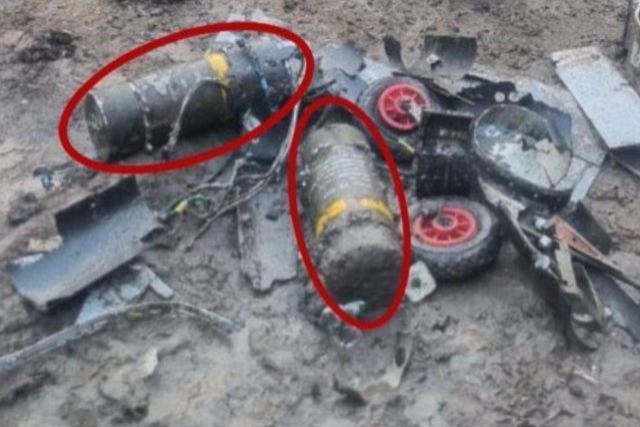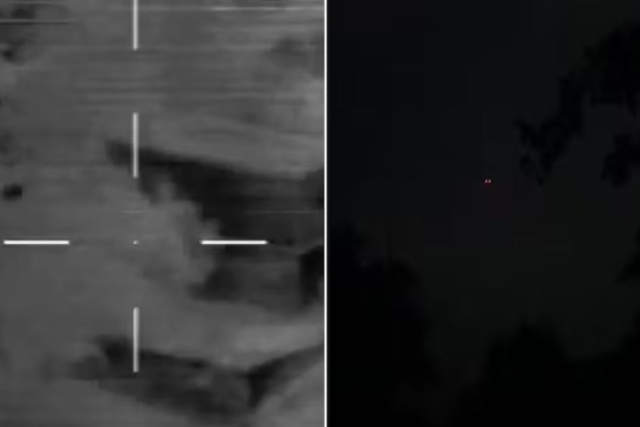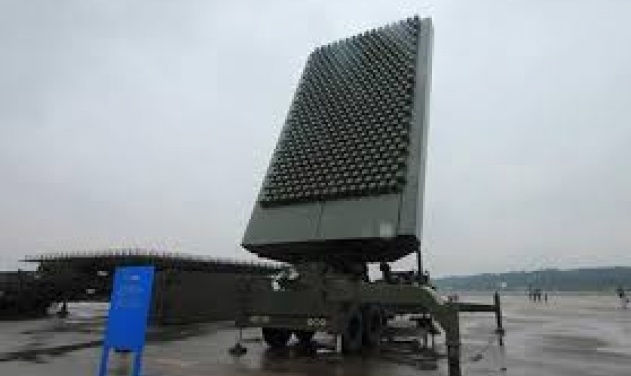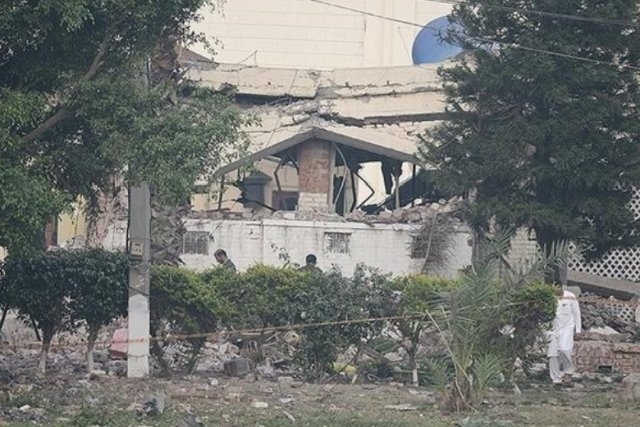Pakistan Launches “Operation Bunyan Marsoos” after Alleged Indian Missile Raids on Military Bases
The escalation follows an April 22 attack in Indian Kashmir that killed 26 tourists, which India blamed on Pakistan and Lashkar-e-Taiba.
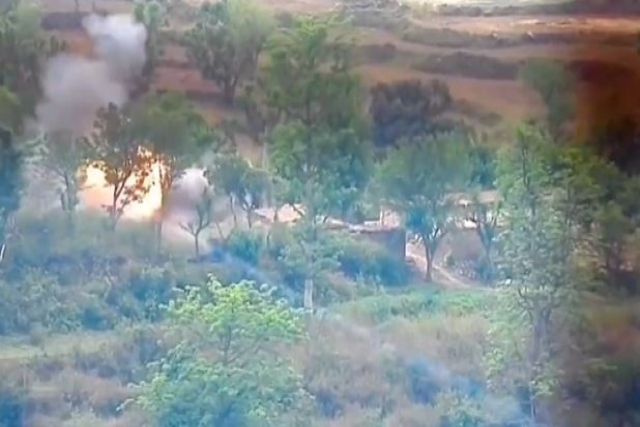
A dangerous military escalation erupted between India and Pakistan this weekend as Pakistan’s military confirmed it has launched strikes against Indian military sites under Operation Bunyan Marsoos after Indian air-to-surface missiles allegedly hit three Pakistani airbases.
The Pakistan Civil Aviation Authority announced it was closing national airspace from 3:15 a.m. local time (22:15 GMT) on Saturday until noon (07:00 GMT) following the retaliatory strikes. Air raid sirens and loud explosions were reported across Indian-administered Kashmir and Punjab, where Indian authorities said drones were sighted in at least 26 locations.
Indian officials confirmed three people were injured in a drone strike on Ferozepur in Punjab. According to official figures, about 50 people have been killed since India launched missile strikes on Wednesday, which New Delhi said were aimed at “terrorist camps” in Pakistan and Pakistan-administered Kashmir. Pakistan says 33 of the dead were on its side.
Pakistan’s military spokesperson said in a live broadcast on state TV that Indian missiles targeted Nur Khan base, Murid base, and Shorkot base — all key military sites. Nur Khan airbase, located in Rawalpindi near the capital Islamabad, was hit in a densely populated area, triggering widespread panic as residents rushed into the streets. Video footage circulating online showed flames and thick smoke rising into the night sky.
Indian Response: Operation Sindoor
In a statement posted on social media, the Indian Army said it had conducted Operation Sindoor, targeting terrorist launchpads near the Line of Control (LoC), claiming to have “pulverized and razed them to cinders.”
Indian Army spokeperson, Colonel Sofiya Qureshi, during s media briefing Saturday, accused Pakistan of using drones, loitering munitions, long-range weapons, and fighter jets to strike Indian military sites. She reported that Pakistan had targeted 26 locations from Srinagar to Chhalliya, including army hospitals, schools, and airbases in Udhampur, Bhuj, Pathankot, and Bathinda.
“Pakistan Army has been observed moving troops towards forward areas, indicating an offensive intent,” said Indian Airforce spokesperson, Wing Commander Vyomika Singh, adding that India remained on high alert but reiterated its commitment to non-escalation if Pakistan reciprocates.
India’s Ministry of External Affairs dismissed Pakistani claims that India was striking its own cities as “preposterous and outrageous,” calling them an attempt to spread disinformation.
Background and Trigger
The cross-border escalation followed a deadly attack on April 22 in Indian-administered Kashmir, where 26 tourists were killed — an attack India blamed on Pakistan and the Lashkar-e-Taiba (LeT) militant group.
LeT is a long-established Pakistan-based Salafist group, designated as a terrorist organization by the U.N., the U.S., and several other countries. It was responsible for the 2008 Mumbai attacks that killed 166 people, including foreign nationals.
Ongoing Situation
Pakistan’s airspace could remain closed for the next 24 hours. Meanwhile, Indian forces claimed they had neutralized threats by striking radar and technical bases across the border.
The Border Security Force (BSF) reported destroying a terrorist launch pad in Sialkot after unprovoked firing on BSF posts.
